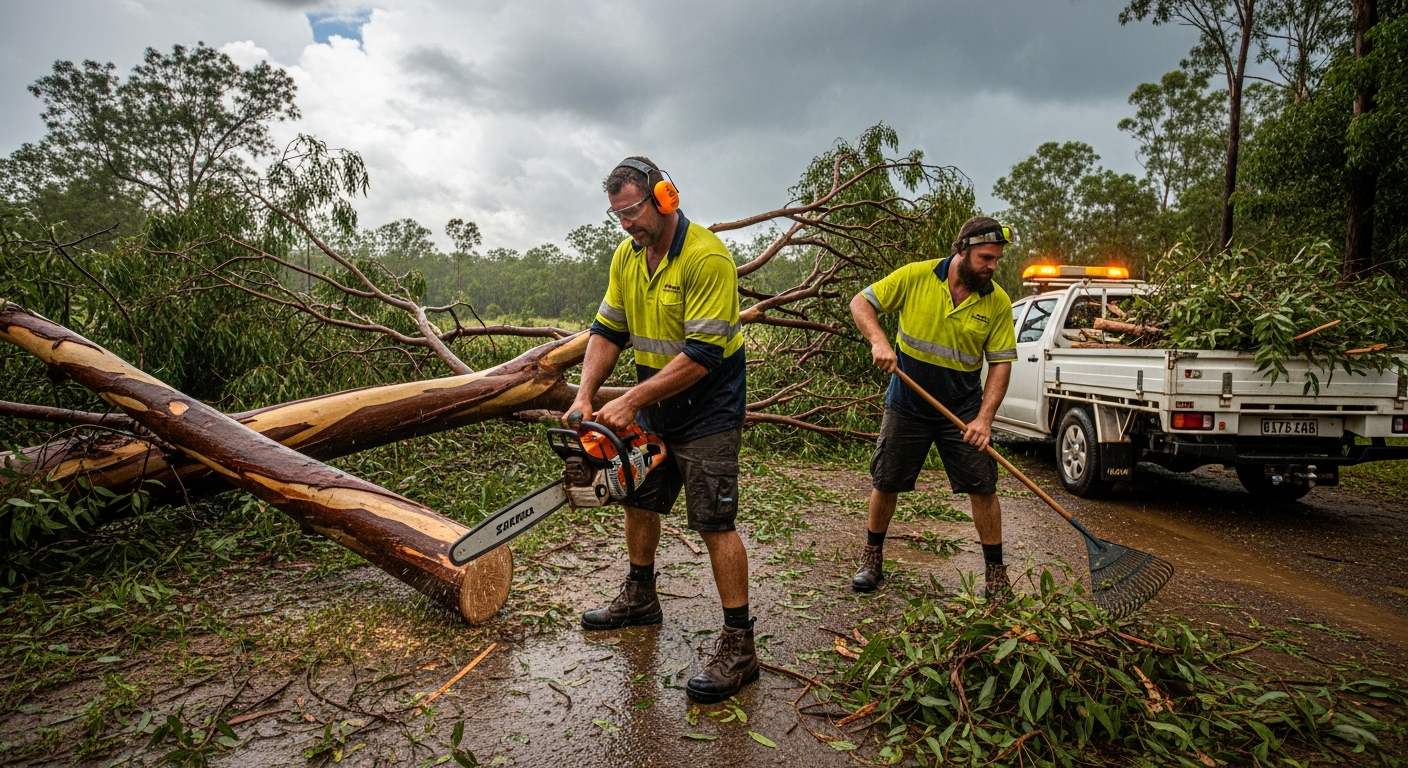What the 2025–26 Federal Budget Means for Small Businesses
In this article
Related Articles
Tips to grow your business
from the experts
What the 2025–26 Federal Budget Means for Small Businesses
The Australian Government’s 2025–26 Federal Budget includes several key initiatives designed to support small businesses across the country. From energy savings to fairer trading rules, the Budget is focused on helping small businesses stay resilient, competitive and future-ready — but is it enough?
According to Adam Hargraves, CEO of Localsearch, while measures like the $75 quarterly energy rebate offer some short-term relief, the Budget
“lacks substantial direct support for small businesses, which make up 97% of all Australian businesses.” With rising costs, digital pressures, and economic uncertainty still front of mind, many small business owners may find the Budget falls short of addressing their most pressing challenges — especially with the decision not to extend the $20,000 instant asset write-off.
How the Federal Budget Impacts Small Business
1. Digital and Cyber Security Support
Small businesses will also benefit from more than $60 million in programs supporting digital adoption and cyber security. Initiatives include:
- The Digital Solutions Program (helping businesses go digital)
- The Cyber Wardens Program (training staff to prevent cyber threats)
- The Cyber Health Check (assessing vulnerabilities)
- The Small Business Cyber Resilience Service
These programs aim to help small businesses stay safe online, protect customer data, and make the most of digital opportunities.
For more information on how you can drive more leads for your business with digital marketing
click here.
2. Energy Bill Relief
One of the major wins for small businesses is continued energy bill relief. Around one million eligible small businesses will receive up to $150 off their power bills, with the program extended for another six months until the end of 2025.
Over the past three budgets, this relief has added up to as much as $800 in savings per business. It’s a helpful measure to reduce one of the major operational costs faced by small business owners.
In addition, more than 2,400 businesses are receiving grants of up to
$25,000 through the
Energy Efficiency Grants program. This funding is helping businesses upgrade to more efficient appliances, lighting, heating and more — saving them money over the long run.
3. Tax Relief for Sole Traders
About
1.5 million sole traders are expected to benefit from upcoming tax cuts. This is aimed at reducing the financial pressure on solo operators and encouraging growth.
4. Support for Hospitality and Alcohol Producers
The Government is also pausing the automatic increase (indexation) of excise on draught beer. This will help pubs, clubs and breweries keep costs down, with an expected
$165 million in support over five years.
5. Fairer Business Practices
To create a level playing field, the Government is investing $7.1 million to boost enforcement of the Franchising Code by the ACCC (Australian Competition and Consumer Commission).
Work is also underway to extend
Unfair Trading Practices protections to more small businesses, particularly those involved in franchise agreements. This would give small businesses better protection against exploitative contracts and unfair treatment.
6. Free TAFE: A Boost to the Skilled Workforce
One of the big-picture measures in the Budget is the ongoing commitment to Free TAFE. The Government will continue the fee-free TAFE skills agreement, giving people access to free training in high-demand areas. From 2027, at least 100,000 free TAFE places per year will be funded.
There are also investments in the
TAFE Technology Fund to improve workshops, laboratories and IT facilities across the country—helping make sure training keeps up with modern industry needs.
7. Instant Asset Write-Off
While the 2025–26 Federal Budget offers targeted support in areas like energy relief, cyber security, and vocational training, many small businesses are left disappointed by the decision not to extend the $20,000 instant asset write-off.
This measure, which has helped countless businesses invest in essential equipment, vehicles, and technology, will no longer be available—leaving many small operators under increased financial strain.
For small businesses, especially those struggling to find qualified workers, this investment in vocational education could be a game changer. By growing a skilled local workforce, Free TAFE may help address
ongoing worker shortages in trades, hospitality, healthcare, digital and more.
*Please note the information contained in this blog is for general information purposes and should not replace and professional advice.

















